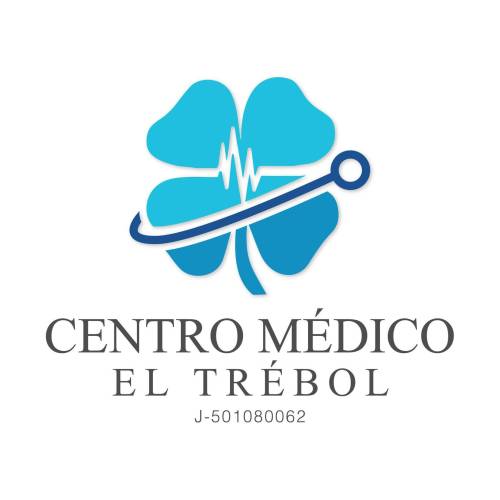Understanding Disc Herniations.

Disc herniations are a common medical condition that affects a large number of people worldwide. They occur when the soft material inside an intervertebral disc shifts from its normal position, exerting pressure on adjacent nerves and causing symptoms such as pain, numbness, or weakness in the limbs. Although they can occur anywhere along the spine, disc herniations are most common in the lumbar and cervical regions.
Early detection of a disc herniation is crucial to initiate appropriate treatment and prevent long-term complications. It is vital to recognize characteristic symptoms, which include:
• Painful sensations in the lower back (in the case of lumbar herniations) or in the neck (in the case of cervical herniations).
• Radiation of pain to the upper or lower extremities, depending on the location of the disc herniation.
• Pain can vary in intensity and type, being sharp, stabbing, or dull, and often worsens with physical activity or movement.
• Numbness or tingling sensation in the extremities.
• Muscle weakness, especially in the legs or arms, depending on the location of the disc herniation.
• Difficulty walking properly or maintaining balance.
• Problems lifting objects or performing activities.
What to Do for a Disc Herniation:
• If you experience any of the mentioned symptoms, it is important to take appropriate measures:
• Avoid activities that worsen the pain and try to rest enough to allow the body to recover.
• Physical therapy can help strengthen the muscles around the spine and improve flexibility, which may alleviate pressure on the affected nerves.
• Some people find relief through alternative treatments such as acupuncture, chiropractic, or osteopathy. However, it is important to consult a doctor before trying any alternative treatment to ensure its safety and effectiveness.
If you suspect you may have a disc herniation, it is essential to seek the opinion of a medical specialist. Professionals such as neurologists, traumatologists, or physiatrists are trained to conduct a comprehensive physical examination, order diagnostic tests such as MRI or CT scans, and design a treatment plan tailored to your needs.
Early detection of a disc herniation is crucial to initiate appropriate treatment and prevent long-term complications. It is vital to recognize characteristic symptoms, which include:
• Painful sensations in the lower back (in the case of lumbar herniations) or in the neck (in the case of cervical herniations).
• Radiation of pain to the upper or lower extremities, depending on the location of the disc herniation.
• Pain can vary in intensity and type, being sharp, stabbing, or dull, and often worsens with physical activity or movement.
• Numbness or tingling sensation in the extremities.
• Muscle weakness, especially in the legs or arms, depending on the location of the disc herniation.
• Difficulty walking properly or maintaining balance.
• Problems lifting objects or performing activities.
What to Do for a Disc Herniation:
• If you experience any of the mentioned symptoms, it is important to take appropriate measures:
• Avoid activities that worsen the pain and try to rest enough to allow the body to recover.
• Physical therapy can help strengthen the muscles around the spine and improve flexibility, which may alleviate pressure on the affected nerves.
• Some people find relief through alternative treatments such as acupuncture, chiropractic, or osteopathy. However, it is important to consult a doctor before trying any alternative treatment to ensure its safety and effectiveness.
If you suspect you may have a disc herniation, it is essential to seek the opinion of a medical specialist. Professionals such as neurologists, traumatologists, or physiatrists are trained to conduct a comprehensive physical examination, order diagnostic tests such as MRI or CT scans, and design a treatment plan tailored to your needs.
Number of Visits: 4


